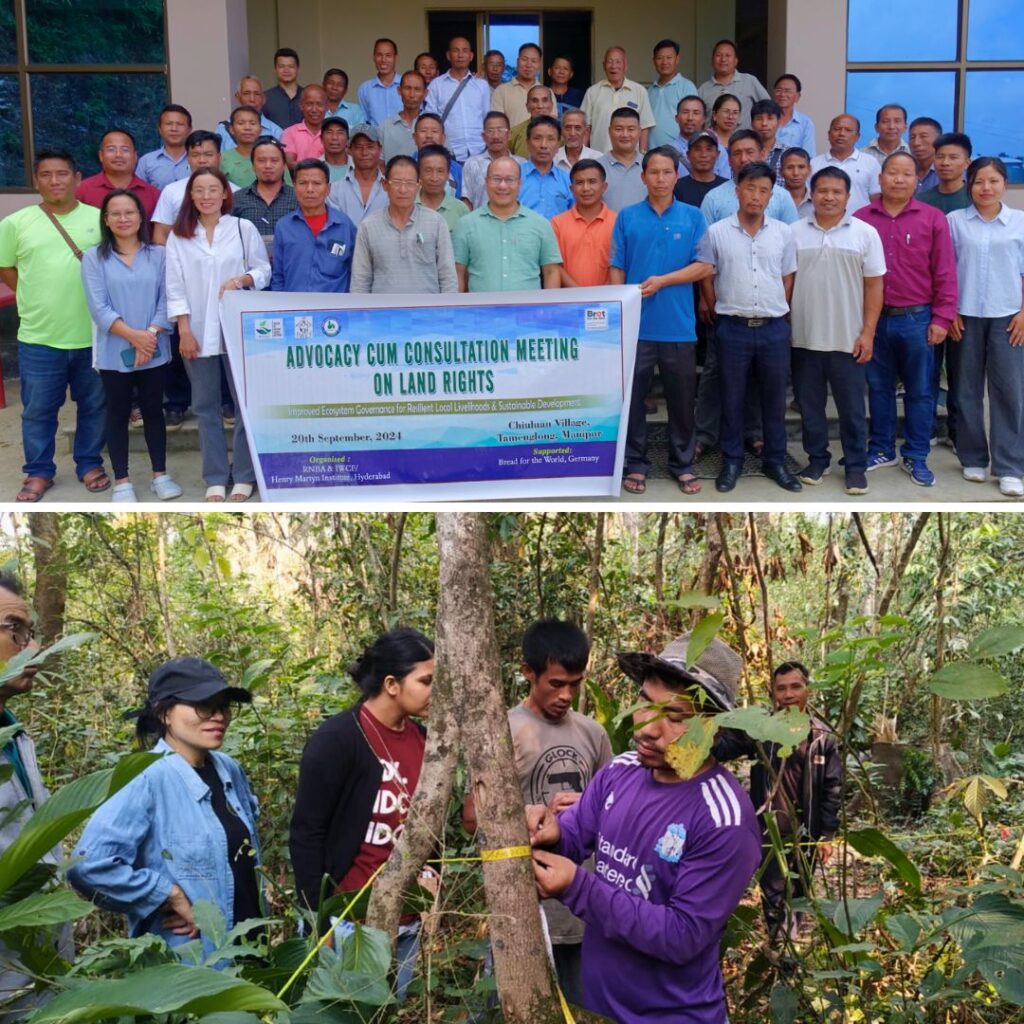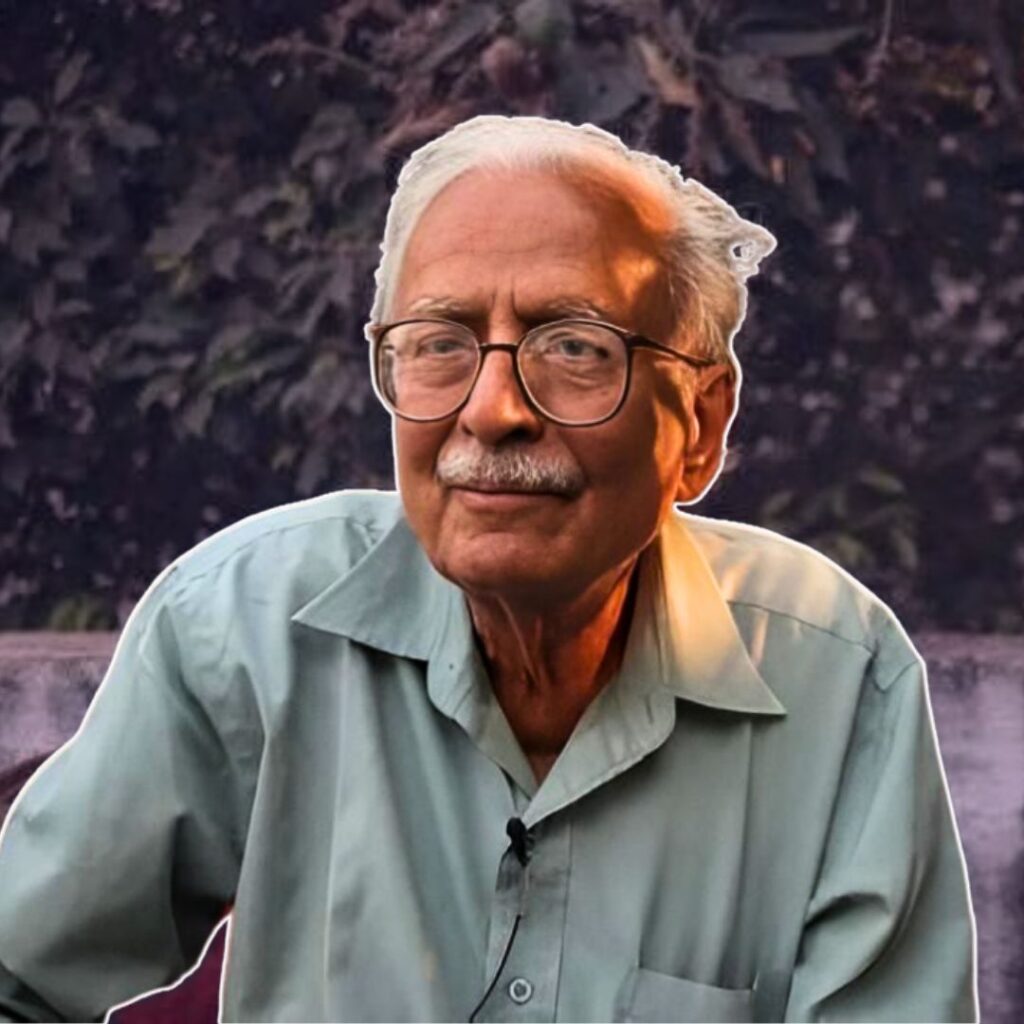On August 27, 2020, the Central government, in a first, launched ‘Kiran’— a mental health rehabilitation helpline number (1800-599-0019) — that intends to provide early screening, first-aid, psychological support, distress management, mental well-being and psychological crisis management. The helpline will be managed by the Department of Empowerment of Persons with Disabilities (DEPwD).
For Raashi Thakran, this is no small victory. Raashi had initiated a petition demanding a national helpline number for suicide prevention in July 2019.
Her petition on change.org, addressed to Dr Harsh Vardhan, Minister of Health and Family Welfare, is driven by her experiences of mental health accidents, understanding of how widespread such issues are, and research into the lack of national support system.
‘I lost my younger brother to suicide last year in January. Post that, I dived deep into research because I had so many questions. What went wrong? Why did he not reach out to us? I was trying to make sense of it all. During that research, I found a lot of mental health-related helpline numbers online, and I started calling them,’ Raashi tells The Logical Indian.
‘I dialed around 15 numbers but most of the calls went unanswered, and some numbers were switched off. Only three responded. This was a disturbing revelation,’ she adds.
As per the World Health Organization (WHO), mental illness accounts for 15% of the total disease conditions around the world. WHO has also labelled India as the world’s most depressed countries, as one in seven Indians suffer from poor mental health.
‘I couldn’t help but think, what if my brother had called a helpline number as a last resort? And what if he didn’t get an answer? These thoughts kept haunting me and I had to do something about it. That is when I decided to launch this campaign,’ Raashi says.
Although Raashi sees the launch of the helpline as a win, she says that this is only a drop in the sea. The government will have to ensure that the helpline does not become defunct, is accessible to all, and is able to provide quality intervention at the right time.
She hopes that the Ministry will do regular audits to ensure that the objectives are met, and if necessary take corrective measures. Besides, in the long run, India will have to improve the availability of mental health workforce.
Currently, the country has less than 0.3 psychiatrists and .07 psychologists per 1,00,000 population. Unless this is resolved, the country will continue to remain depressed and help won’t reach the last mile.
‘You don’t have to be a mental health expert to help someone in distress,’ Raashi says. ‘What you can do as a non-professional is become a better listener, educate and inform yourself so that you know enough to notice those subtle cues, take a direct, open and non-judgemental approach and normalise the aspect of struggling with suicidal thoughts. It is also important to equip yourself with enough resources that when the time comes, you can direct your loved ones to a professional.’
‘We as a society need to change. Honestly, just talking about suicide and mental health is not enough — our conditioning also needs to be questioned. We need to question our definition of ‘normal’ and stop trying to fit people into boxes. As a community, we need to get our facts right, learn and unlearn. A few years ago, there was so much stigma around AIDS because we didn’t want to talk about sex. When we started educating ourselves, learning more about the issue, we were able to overcome the stigma and make scientific progress. It’s the same with mental illnesses,’ she adds.
To those battling depression or other mental health issues, Raashi says: ‘What you’re feeling is normal and trust me, you won’t always feel this way. I don’t want anyone to think that telling people that you are depressed makes you weak. It’s quite the opposite actually. Take your time, you don’t need to meet anyone’s expectations and your life is very precious to a lot of people who love you.’
‘I hope many years from now, you will look back and tell yourself: I am glad I stayed,’ Raashi adds.
Also Read: ‘Success Is Not A Measure Of Happiness’: Mental Expert Busts Popular Myths












